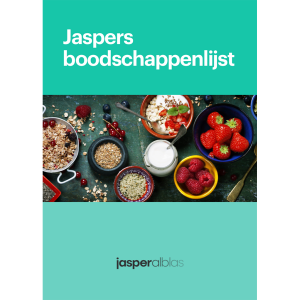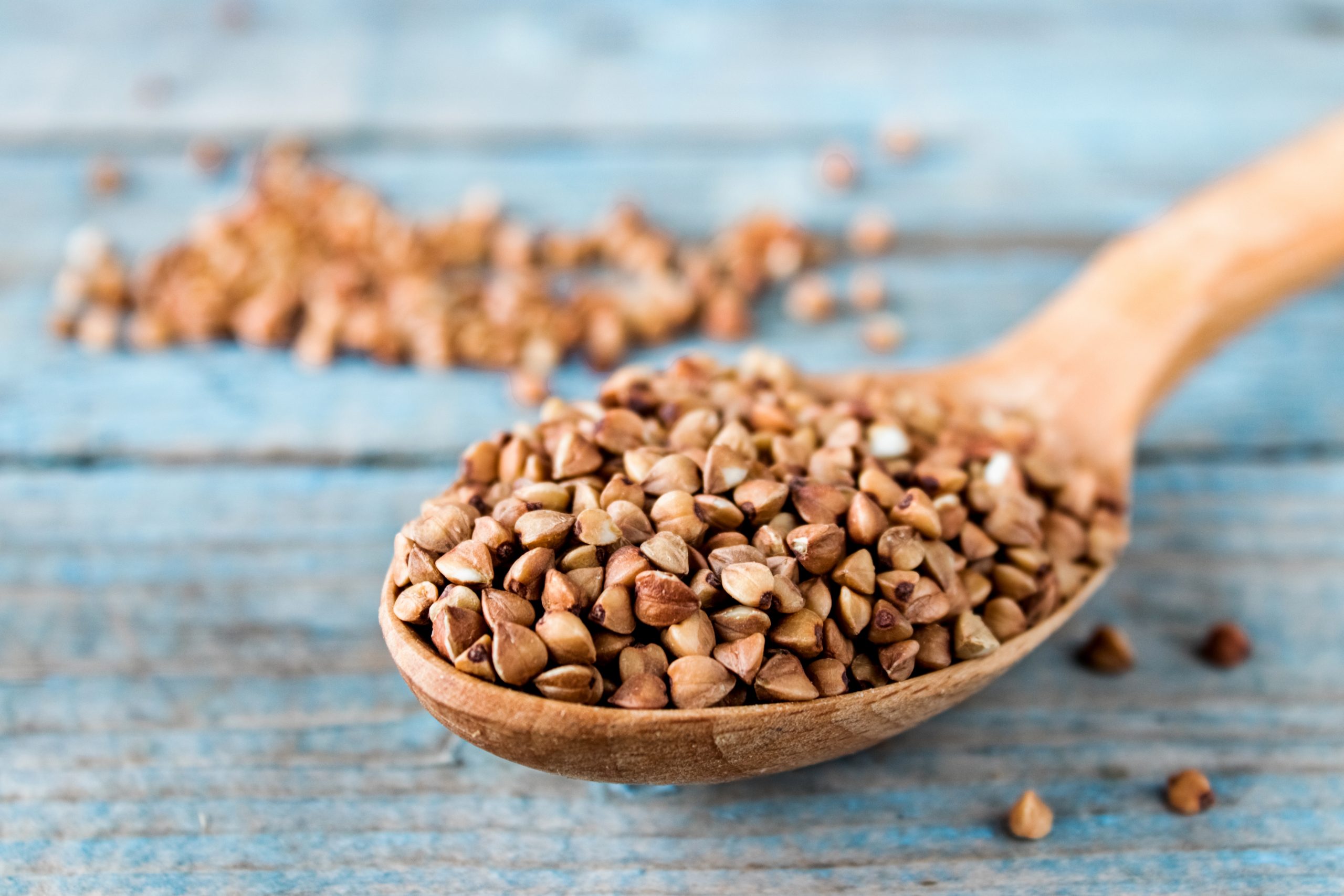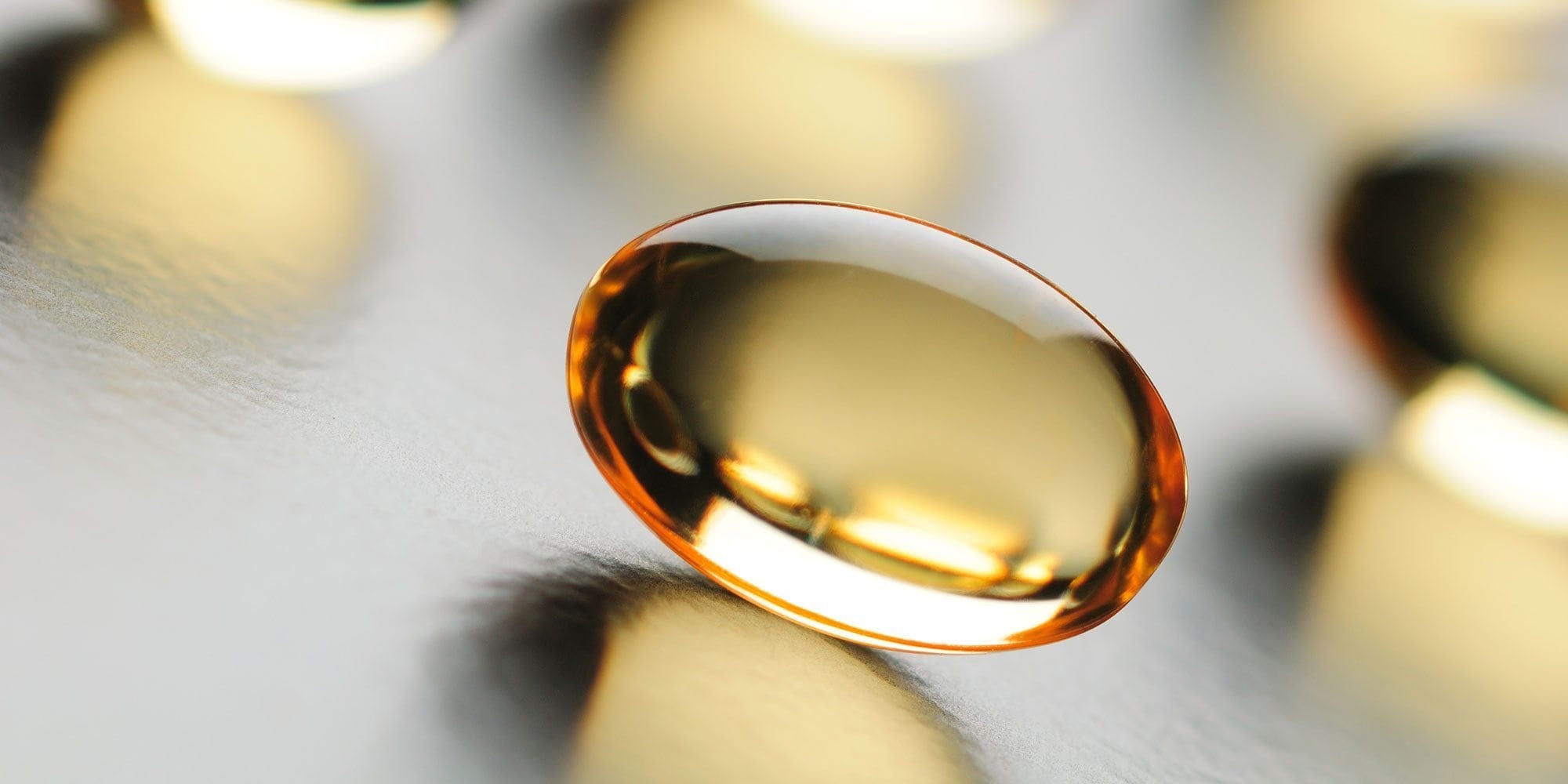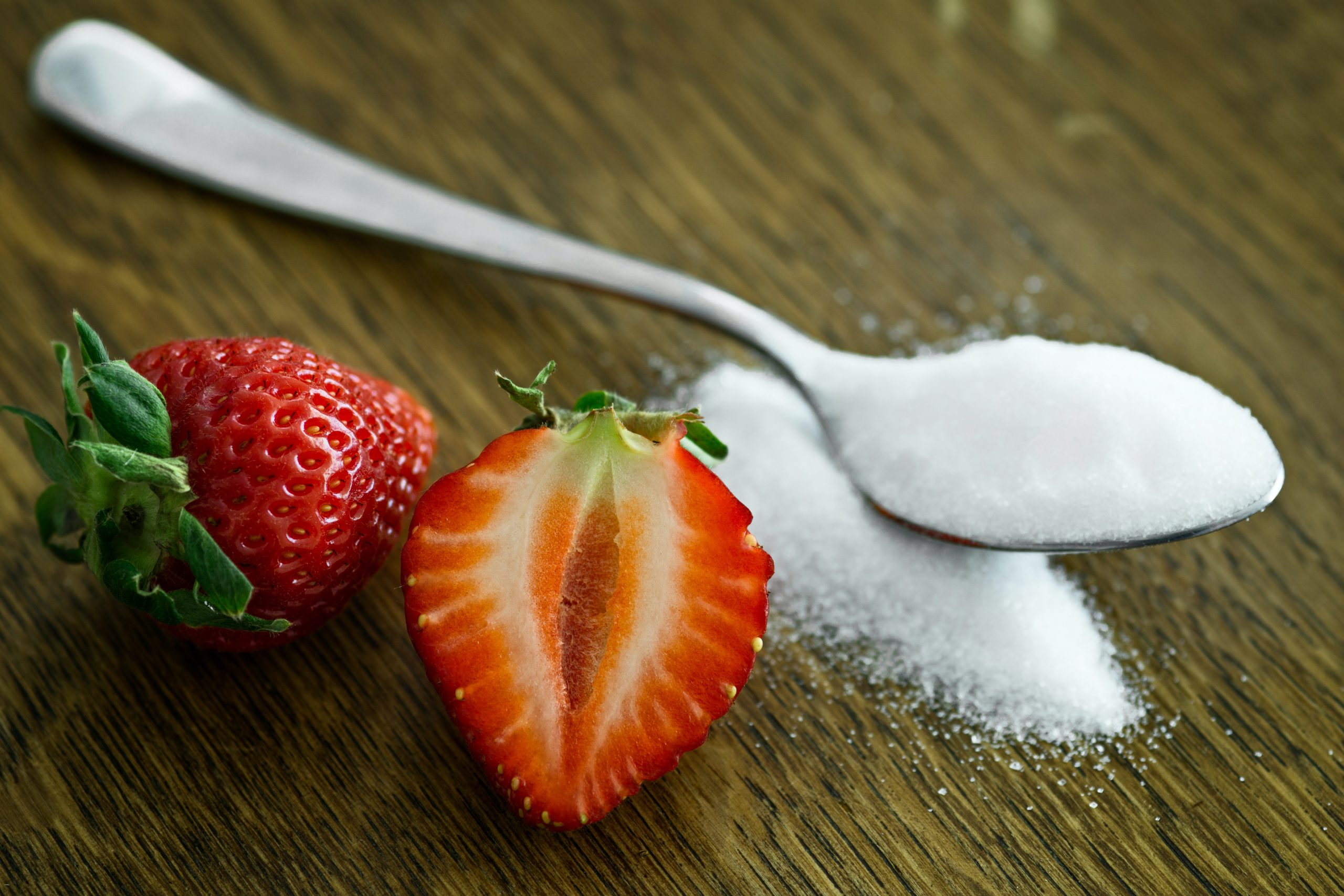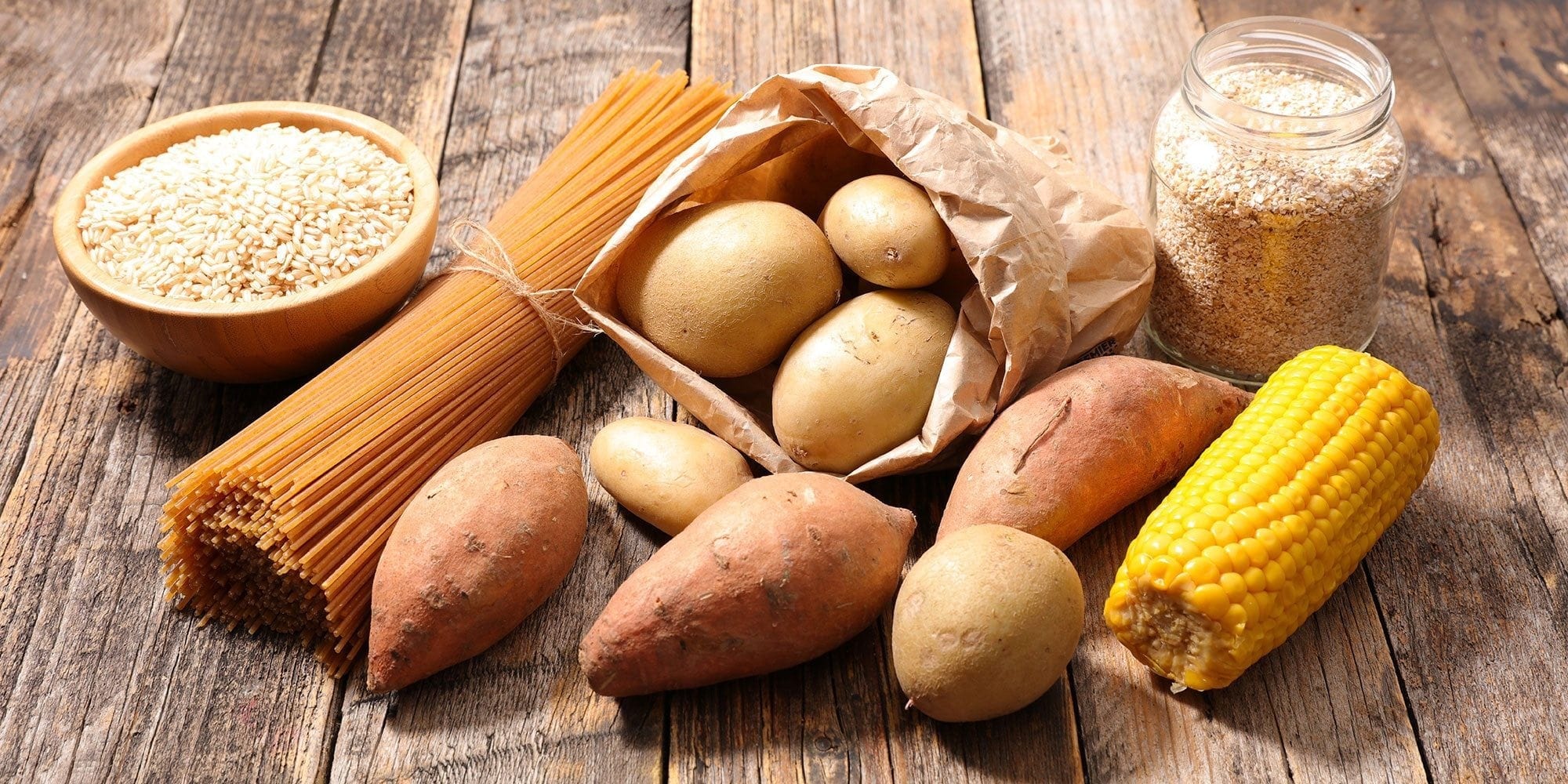[1] Paddon-Jones, D., Westman, E., Mattes, R. D., Wolfe, R. R., Astrup, A., & Westerterp-Plantenga, M. (2008). Protein, weight management, and satiety. The American journal of clinical nutrition, 87(5), 1558S–1561S. https://doi.org/10.1093/ajcn/87.5.1558S
[2] Leidy, H. J., Tang, M., Armstrong, C. L., Martin, C. B., & Campbell, W. W. (2011). The effects of consuming frequent, higher protein meals on appetite and satiety during weight loss in overweight/obese men. Obesity (Silver Spring, Md.), 19(4), 818–824. https://doi.org/10.1038/oby.2010.203
[3] Noakes, M., Keogh, J. B., Foster, P. R., & Clifton, P. M. (2005). Effect of an energy-restricted, high-protein, low-fat diet relative to a conventional high-carbohydrate, low-fat diet on weight loss, body composition, nutritional status, and markers of cardiovascular health in obese women. The American journal of clinical nutrition, 81(6), 1298–1306. https://doi.org/10.1093/ajcn/81.6.1298
[4] Skov, A. R., Toubro, S., Rønn, B., Holm, L., & Astrup, A. (1999). Randomized trial on protein vs carbohydrate in ad libitum fat reduced diet for the treatment of obesity. International journal of obesity and related metabolic disorders : journal of the International Association for the Study of Obesity, 23(5), 528–536. https://doi.org/10.1038/sj.ijo.0800867
[5] Westerterp-Plantenga M. S. (2008). Protein intake and energy balance. Regulatory peptides, 149(1-3), 67–69. https://doi.org/10.1016/j.regpep.2007.08.026
[6] Noakes, M., Keogh, J. B., Foster, P. R., & Clifton, P. M. (2005). Effect of an energy-restricted, high-protein, low-fat diet relative to a conventional high-carbohydrate, low-fat diet on weight loss, body composition, nutritional status, and markers of cardiovascular health in obese women. The American journal of clinical nutrition, 81(6), 1298–1306. https://doi.org/10.1093/ajcn/81.6.1298
[7] Halton, T. L., & Hu, F. B. (2004). The effects of high protein diets on thermogenesis, satiety and weight loss: a critical review. Journal of the American College of Nutrition, 23(5), 373–385. https://doi.org/10.1080/07315724.2004.10719381
[8] Johnston, C. S., Day, C. S., & Swan, P. D. (2002). Postprandial thermogenesis is increased 100% on a high-protein, low-fat diet versus a high-carbohydrate, low-fat diet in healthy, young women. Journal of the American College of Nutrition, 21(1), 55–61. https://doi.org/10.1080/07315724.2002.10719194
[9] Veldhorst, M. A., Westerterp-Plantenga, M. S., & Westerterp, K. R. (2009). Gluconeogenesis and energy expenditure after a high-protein, carbohydrate-free diet. The American journal of clinical nutrition, 90(3), 519–526. https://doi.org/10.3945/ajcn.2009.27834
[10] Veldhorst, M. A., Westerterp, K. R., van Vught, A. J., & Westerterp-Plantenga, M. S. (2010). Presence or absence of carbohydrates and the proportion of fat in a high-protein diet affect appetite suppression but not energy expenditure in normal-weight human subjects fed in energy balance. The British journal of nutrition, 104(9), 1395–1405. https://doi.org/10.1017/S0007114510002060
[11] Leidy, H. J., Tang, M., Armstrong, C. L., Martin, C. B., & Campbell, W. W. (2011). The effects of consuming frequent, higher protein meals on appetite and satiety during weight loss in overweight/obese men. Obesity (Silver Spring, Md.), 19(4), 818–824. https://doi.org/10.1038/oby.2010.203
[12] Wang, Z., Ying, Z., Bosy-Westphal, A., Zhang, J., Schautz, B., Later, W., Heymsfield, S. B., & Müller, M. J. (2010). Specific metabolic rates of major organs and tissues across adulthood: evaluation by mechanistic model of resting energy expenditure. The American journal of clinical nutrition, 92(6), 1369–1377. https://doi.org/10.3945/ajcn.2010.29885
[13] Bosse, J. D., & Dixon, B. M. (2012). Dietary protein to maximize resistance training: a review and examination of protein spread and change theories. Journal of the International Society of Sports Nutrition, 9(1), 42. https://doi.org/10.1186/1550-2783-9-42
[14] Pasiakos, S. M., McLellan, T. M., & Lieberman, H. R. (2015). The effects of protein supplements on muscle mass, strength, and aerobic and anaerobic power in healthy adults: a systematic review. Sports medicine (Auckland, N.Z.), 45(1), 111–131. https://doi.org/10.1007/s40279-014-0242-2
[15] Halton, T. L., & Hu, F. B. (2004). The effects of high protein diets on thermogenesis, satiety and weight loss: a critical review. Journal of the American College of Nutrition, 23(5), 373–385. https://doi.org/10.1080/07315724.2004.10719381
[16] Blom, W. A., Lluch, A., Stafleu, A., Vinoy, S., Holst, J. J., Schaafsma, G., & Hendriks, H. F. (2006). Effect of a high-protein breakfast on the postprandial ghrelin response. The American journal of clinical nutrition, 83(2), 211–220. https://doi.org/10.1093/ajcn/83.2.211
[17] Rachel L. Batterham, Helen Heffron, Saloni Kapoor, Joanna E. Chivers, Keval Chandarana, Herbert Herzog, Carel W. Le Roux, E. Louise Thomas, Jimmy D. Bell, Dominic J. Withers,
Critical role for peptide YY in protein-mediated satiation and body-weight regulation, Cell Metabolism, Volume 4, Issue 3, 2006, Pages 223-233, ISSN 1550-4131, https://doi.org/10.1016/j.cmet.2006.08.001.
[18] Batterham, R. L., Heffron, H., Kapoor, S., Chivers, J. E., Chandarana, K., Herzog, H., Le Roux, C. W., Thomas, E. L., Bell, J. D., & Withers, D. J. (2006). Critical role for peptide YY in protein-mediated satiation and body-weight regulation. Cell metabolism, 4(3), 223–233. https://doi.org/10.1016/j.cmet.2006.08.001
[19] Weigle, D. S., Breen, P. A., Matthys, C. C., Callahan, H. S., Meeuws, K. E., Burden, V. R., & Purnell, J. Q. (2005). A high-protein diet induces sustained reductions in appetite, ad libitum caloric intake, and body weight despite compensatory changes in diurnal plasma leptin and ghrelin concentrations. The American journal of clinical nutrition, 82(1), 41–48. https://doi.org/10.1093/ajcn.82.1.41
[20] Barzel, U. S., & Massey, L. K. (1998). Excess dietary protein can adversely affect bone. The Journal of nutrition, 128(6), 1051–1053. https://doi.org/10.1093/jn/128.6.1051
[21] Cao J. J. (2017). High Dietary Protein Intake and Protein-Related Acid Load on Bone Health. Current osteoporosis reports, 15(6), 571–576. https://doi.org/10.1007/s11914-017-0408-6
[22] Bonjour J. P. (2005). Dietary protein: an essential nutrient for bone health. Journal of the American College of Nutrition, 24(6 Suppl), 526S–36S. https://doi.org/10.1080/07315724.2005.10719501
[23] Kerstetter, J. E., Kenny, A. M., & Insogna, K. L. (2011). Dietary protein and skeletal health: a review of recent human research. Current opinion in lipidology, 22(1), 16–20. https://doi.org/10.1097/MOL.0b013e3283419441
[24] Marian T. Hannan Katherine L. Tucker Bess Dawson‐Hughes L. Adrienne Cupples David T. Felson Douglas P. Kiel (2009). Effect of Dietary Protein on Bone Loss in Elderly Men and Women: The Framingham Osteoporosis Study†. https://doi.org/10.1359/jbmr.2000.15.12.2504
[25] Munger, R. G., Cerhan, J. R., & Chiu, B. C. (1999). Prospective study of dietary protein intake and risk of hip fracture in postmenopausal women. The American journal of clinical nutrition, 69(1), 147–152. https://doi.org/10.1093/ajcn/69.1.147
[26] https://fdc.nal.usda.gov/
[27] Hulmi, J. J., Lockwood, C. M., & Stout, J. R. (2010). Effect of protein/essential amino acids and resistance training on skeletal muscle hypertrophy: A case for whey protein. Nutrition & metabolism, 7, 51. https://doi.org/10.1186/1743-7075-7-51
[28] Hulmi, J. J., Lockwood, C. M., & Stout, J. R. (2010). Effect of protein/essential amino acids and resistance training on skeletal muscle hypertrophy: A case for whey protein. Nutrition & metabolism, 7, 51. https://doi.org/10.1186/1743-7075-7-51
[29] Martin, W. F., Armstrong, L. E., & Rodriguez, N. R. (2005). Dietary protein intake and renal function. Nutrition & metabolism, 2, 25. https://doi.org/10.1186/1743-7075-2-25
[30] Manninen A. H. (2004). High-Protein Weight Loss Diets and Purported Adverse Effects: Where is the Evidence?. Journal of the International Society of Sports Nutrition, 1(1), 45–51. https://doi.org/10.1186/1550-2783-1-1-45

